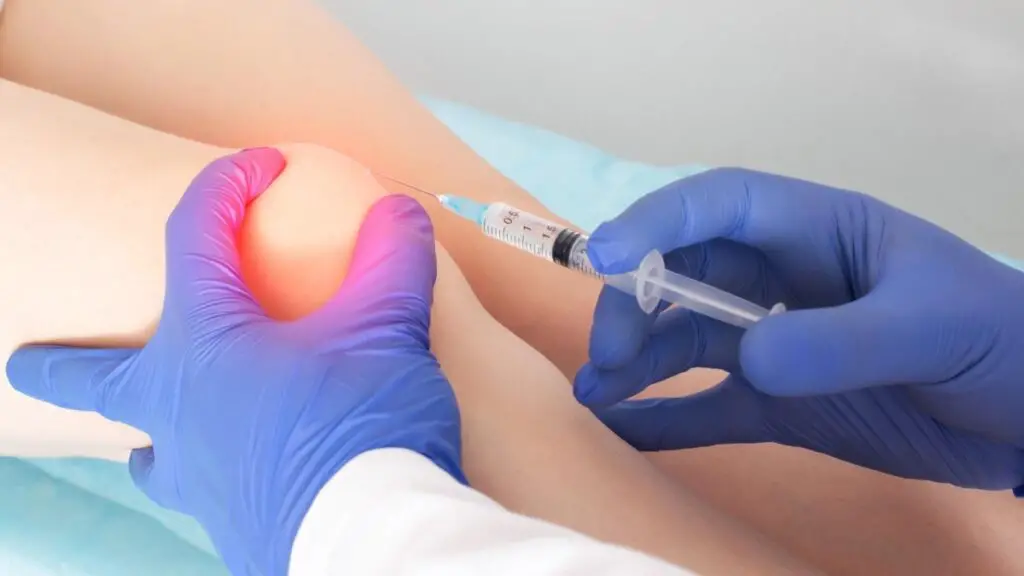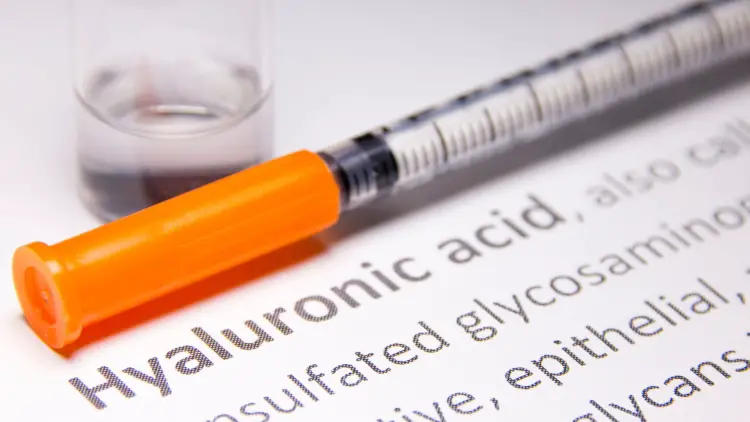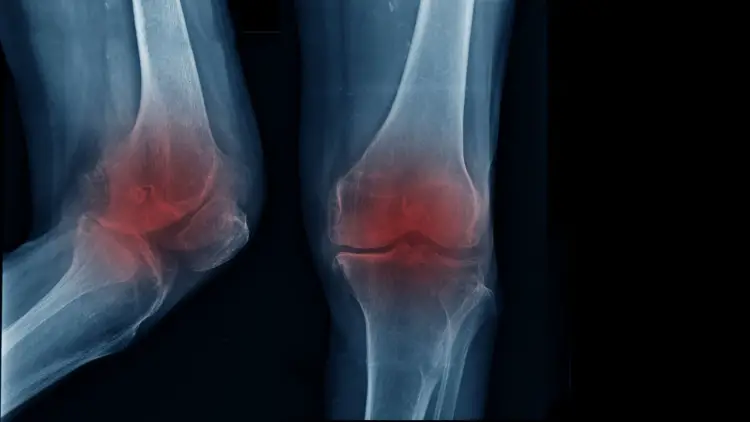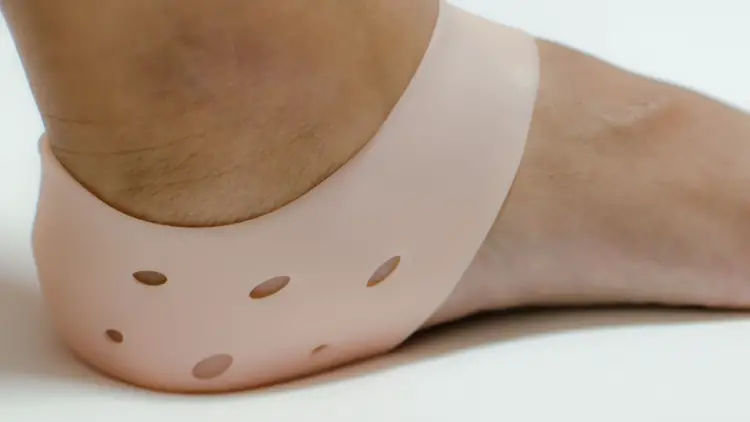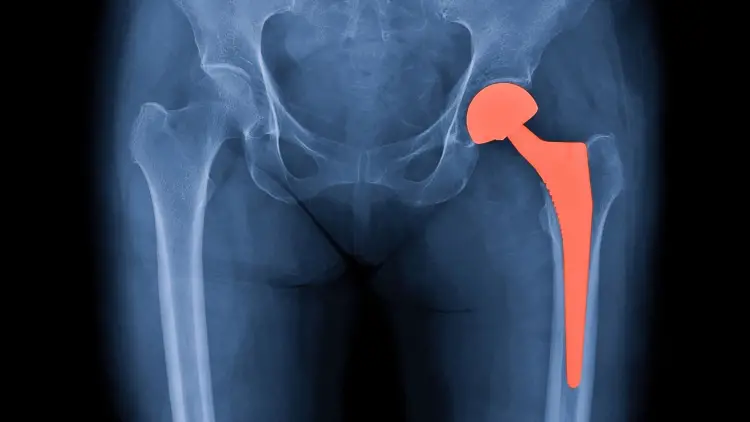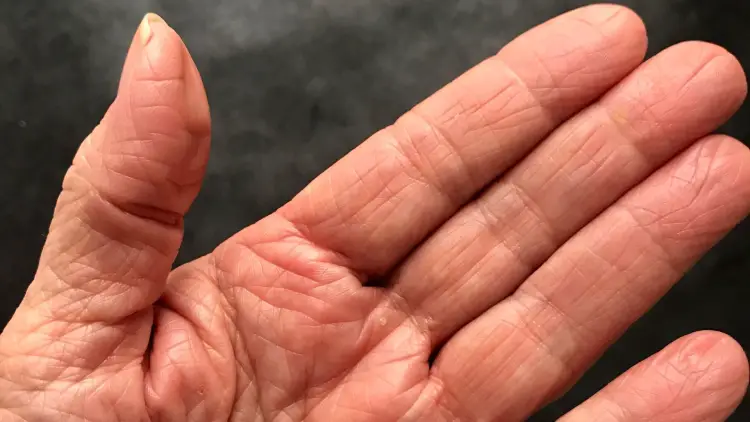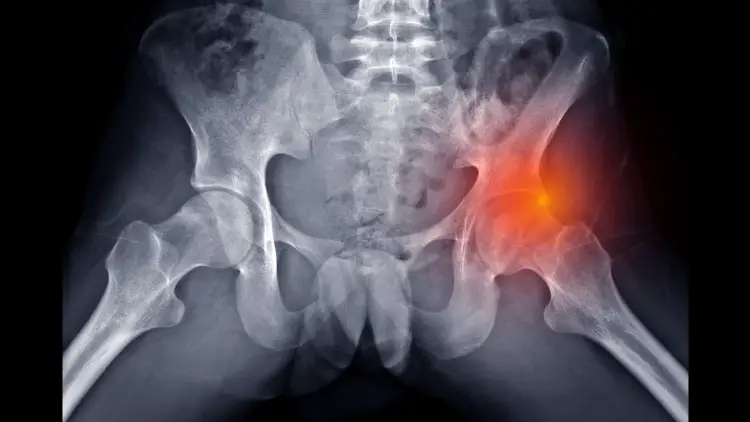Different forms of arthritis are common in the aging population. Not only that, but physically active men and women complain of joint and knee pain even at a younger age. Hyaluronan injections can help some.
Many physical activities, including running, are high-impact activities. It is safe to conclude that many instances of pain are a result of damaged cartilage. Among other treatments, cortisone has been the predominant one.
Cortisone reduces instances of pain and swelling and has the potential to significantly reduce local inflammation. With an immediate effect, it has shown promising results, but the issue of regular reapplication and long-term dependence on the medicine made it an unfavorable solution for a common problem. Recently, research has been focusing on the medicinal uses of hyaluronic acid.
Hyaluronic acid has mostly been used in cosmetic procedures, where it has shown promising results in apparent age-reversing and soothing the fine lines and wrinkles on the face and the neck. A highly viscous liquid with a long life once in the body (typically longer than several months), it has found its way into medicine and replacing joint lubricant in patients with damaged or worn-out cartilage.
What is Hyaluronic Acid?
Hyaluronic acid is a type of glycosaminoglycan, a substance naturally found in the human body. It has a variety of uses in lubrication of the joints and is a potent agent used in dermal fillers and, since recently, in restorative medicine for knee joint lubrication with long-term results. As such, hyaluronic acid promises long-term recovery and symptom reduction (pain, swelling, inflammation) and ensures a higher quality of life can be achieved, especially in older knee patients.
What is Hyaluronic Acid Used For?
Hyaluronic acid is commonly used in cosmetic medicine. Here, it acts as a skin filler of a kind and reduces the appearance of aging and sun-related damage to the skin. It acts as a filler, meaning it restores skin volume and it rejuvenates the area it is applied to. In addition to this, it is also used for medical purposes – to replenish worn-out cartilage and provide lubrication in areas where two tendons meet, and reduce the friction between the two.
What Can Be Treated With Hyaluronic Injection?
Systematic (oral) or topical (on the skin) use of hyaluronic acid has limited use. Besides speeding up cellular turnover and reducing the appearance of age-related skin damage, it is also used to treat damaged cartilage and reduce the signs of (osteo)arthritis in patients. As such, hyaluronic acid shows promises in the treatment of the following conditions:
- Knee Arthritis,
- Ankle Arthritis,
- Hip arthritis,
- Thumb Arthritis, and
- Hip Impingement.
Knee Arthritis
Knees are very mobile joints that are used in a variety of daily and professional activities. You use your knees every time you walk, jog, run, squat, even when you sit and get up. Due to the sheer volume of work it has to do, the knee suffers a lot of damage to the cartilage.
Once the cartilage is damaged or worn out, the femur and shin bones start rubbing against each other, causing inflammation, pain, and general discomfort. Hyaluronic acid has application in this case, as it lubricates the area and provides easier gliding of the bones, rather than them grinding against each other. Some people with knee pain have found relief from using a TENS unit on their knees. This may work for some, others not so much.
Ankle Arthritis
Ankle arthritis is another common type of tendon injury which causes issues to a considerable number of Americans on a daily basis. The two tendons, peroneal tendons, can rub against each other and cause inflammation and irritation of the tissues. They can also tear and suffer other injuries.
Hip Arthritis
Hip arthritis is characterized by the loss of the cartilage of the hip joint. Pain and inflammation can be felt mostly by patients over 50, although younger patients in their 20s can mostly experience the same issues. The reasons for such a fast depletion of the hip joint cartilage are various:
- The patient is overweight,
- The patients need modification in their physical activity – high-impact sports should be reduced,
- Diet improvements – diets rich in antioxidants can help with inflammation symptoms,
- Introduction of new physical activities may be needed – regular stretching of the tendons and making the muscles in the hip area stronger take the load from the joint and reduce injury to the cartilage.
Thumb Arthritis
CMC or Carpometacarpal joint experiences arthritis in most people who have a type of arthritis in their hands. This type of arthritis is commonly treated with cortisol pills or even injections. Hyaluronic acid injections into the joint itself may prove relief as well, although more research is needed to ensure that the treatment is safe and to have it approved.
Hip Impingement
Hip Impingement is common in elite sports and people who do a lot of high-impact activities, including running. In hip impingement, changes in the shape of the femur head and the hip socket can be noticed. Pain and limited movement of the hip can usually be seen as symptoms of hip impingement. Hyaluronic acid injections can provide relief by offering more lubrication and ensuring a smoother movement with less discomfort.
Hyaluronic Acid Knee Injection Procedure
The hyaluronic acid knee injection procedure is fairly simple. Once your synovial fluid has thinned, the doctor may prescribe hyaluronic acid injections. These injections are administered directly to the joint, and they ensure that the joint is lubricated. In most cases, repeated injections are administered once a week for 3-5 weeks, depending on the degree of damage to the joint. In general, hyaluronic acid knee injections are there to ensure more thorough lubrication and less knee pain and knee inflammation.
Hyaluronic Acid Knee Injection Types
There are several types of hyaluronic acid knee injections. Each of these has its pros and cons, but please consider that most of the injections are still in the test phase. Although hyaluronic acid has been on the market for decades, every type of application has to undergo a special type of screening to ensure that the results promised are the results achieved.
Low Molecular Weight Hyaluronic Acid
Low molecular weight hyaluronic acid is a type of hyaluronic acid that has light molecules. As such, it is considered more lubricating, although patients who got high molecular weight hyaluronic acid state a higher degree of relief and longer-term results. This type of hyaluronic acid injection has to be repeated more often than high molecular weight hyaluronic acid injection.
High Molecular Weight Hyaluronic Acid
High molecular weight hyaluronic acid injections contain hyaluronic acid that is denser in terms of molecular weight than the previous type of hyaluronic acid. When administered, this type of hyaluronic acid injection provides better relief and for a longer time – most patients see the need to reapply the hyaluronic acid injection to the knee on average after 466 days after the initial application. If you suffer from knee cartilage damage, this may be the best solution for you.
Hyaluronic Acid and PRP – Platelet-Rich Plasma
Additional treatments for knee cartilage injury and decline include PRP treatments. PRP or Platelet-Rich Plasma treatments have proven to be even more effective than sole hyaluronic acid injections to the site. The procedure is the same, with a single previous step in the procedure in which the patient’s blood is drawn and spun in a centrifuge to separate red blood cells from the plasma.
The plasma obtained this way is rich in platelets (hence the name) and growth factors and is likely to significantly improve the damage to the knee joint cartilage. This treatment can also be combined with hyaluronic acid, where the results obtained are better than the results of individual procedures with either hyaluronic acid or PRP.
Hyaluronic Acid Knee Injection Efficacy
The efficacy of the hyaluronic acid injections to the knee still has to be examined, although recent research shows promising results. It is a relatively new procedure that has to undergo more testing to ensure safety as well. In general, the research has shown that:
- 75% of patients who receive the treatment feel much better after the treatment,
- It takes four weeks for the complete relief to be experienced,
- The results are long-lasting: anywhere from 6 months to 3 years of relief is expected,
- Only 2-3% of patients experience allergic reactions,
- Among those who experience allergic reactions to the treatment, most of the patients have known allergies to poultry,
- Hyaluronic acid obtained from non-animal sources is safer for use than those obtained from animal sources.
Hyaluronic Acid Knee Injections vs. Cortisone
Cortisone, a type of steroid, is commonly used to treat inflammation and discomfort in patients suffering from damage to knee cartilage. So far, the initial research has shown that hyaluronic acid injections to the knee offer better results and longer-lasting results than cortisone when it is applied both systematically and injected into the site.
Hyaluronic Acid Side Effects
Since hyaluronic acid is present in the human body, you may not suffer any side effects. However, hypersensitivity, especially in the form of allergies, can be seen in as many as 2-3% of the patients in the initial research. A part of the side effects can be alleviated by using hyaluronic acid coming from non-animal sources, and further research is needed to see what else can be done to reduce hypersensitivity in some even further.
Hyaluronic Acid Knee Injections Cost
Hyaluronic acid injections cost around $822. Comparing these costs to physical therapy costs and knee braces costs shows that this is the most expensive treatment option. However, considering the high satisfaction rate and long-term results, this may be the best option. If you are considering getting a hyaluronic acid injection, you should consult your insurance house and see what kind of coverage you can get.
Hyaluronan Injections FAQs
How Long Do Hyaluronic Acid Knee Injections Last?
Hyaluronic acid knee injections last anywhere from 6 months to around three years. In fact, most patients who receive this treatment need repeated treatment after 466 days, or above one year after the initial treatment. Some patients needed repeated treatment after more than 1,000 days.
How Much Do Hyaluronic Acid Knee Injections Cost?
Hyaluronic acid injections cost $822 per patient per treatment. Although the cost is high when discomfort relief is counted in and when the same is done with long-term results, this is financially the most viable option. As the procedure becomes more common, it can be expected that more insurance plans will offer partial or full coverage.
What Does Hyaluronic Acid Injection in the Knee Do?
As you age, your cartilage gets worn out. This results in pain and discomfort and limited mobility in some cases. Hyaluronic acid injection to the knee can provide relief by offering lubrication where the cartilage is worn-out.
Can Hyaluronic Acid Heal Cartilage?
Hyaluronic acid cannot heal cartilage. The mechanism that the hyaluronic acid injections use to relieve the discomfort is as simple as lubricating the joints. However, a combination of hyaluronic acid injections and cartilage-healing medication may be a viable option in the future.
Final Considerations
Hyaluronic acid injections to the knee show promising results. Currently, hyaluronic acid injections are approved for mild-to-mid severity knee cartilage issues. As more research is rolled out, the treatment may be approved for more severe cases, offering relief to a higher number of patients.

